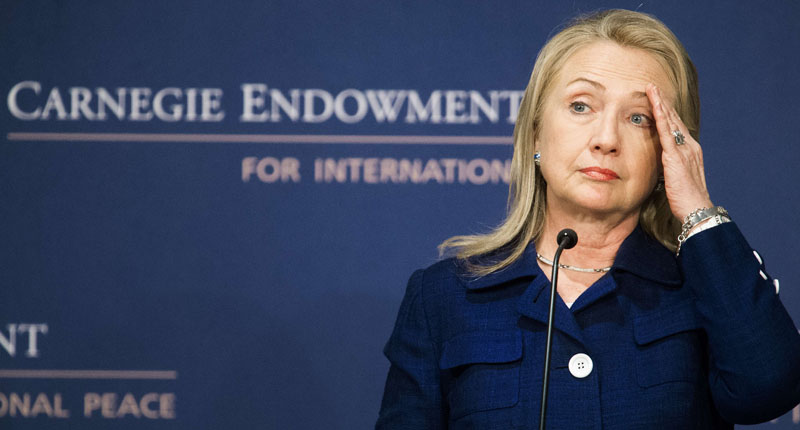Egypt’s Minister of Planning and Economic Development, Hala El-Said applauded the results of the report issued by the United Nations Women’s Organization (UN Women) and the United Nations Development Program (UNDP) on the measures taken by countries to support women during the COVID-19 pandemic.
“Some 63% of all gender-sensitive measures in Northern Africa and Western Asia focus on preventing and/or responding to violence against women and girls. Most of these measures have been taken in Western Asia. In Northern Africa, the countries that have taken such measures are Egypt, Morocco and Tunisia.” the report said.
“The tracker records 38 measures taken by Egypt in response to COVID-19. Of these measures, 21 have been coded as gender-sensitive. This includes seven measures targeting women’s economic security, three measures addressing unpaid care work, and 11 measures responding to violence against women,” the report continued.
El-Said stressed that Egypt’s ranking in the first place in this report is a step towards reaching the sustainable development goals. She explained that it is also an indicator for state’s efforts towards gender equality, stressing that women empowerment is featured in the national agenda for sustainable development.
She continued that the state is moving positively towards achieving the goals of Egypt Vision 2030 and the UN goals for sustainable development, stressing that the political leadership places support and female empowerment at the top of the priorities.
El-Said noted that talking about the economic empowerment of women has become a necessity. She pointed out that the status of women today and the gains they have achieved are the most prominent evidence of progress and the extent of the state’s awareness of the importance of female empowerment.
According to the UN report, “To support women’s economic security during the COVID-19 pandemic, the Ministry of Social Solidarity (MoSS) is planning to add 60,000 families to Takaful and Karama cash transfer programmes, increasing its budget from EGP 18.5bn($1.22bn) to EGP 19.3bn ($1.75bn) and reaching a total of 3.6 million households by 2021. These programmes mainly target women heads-of-households.”




